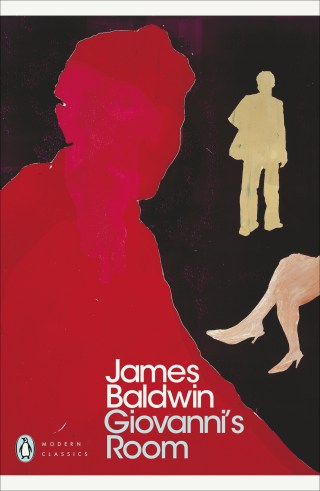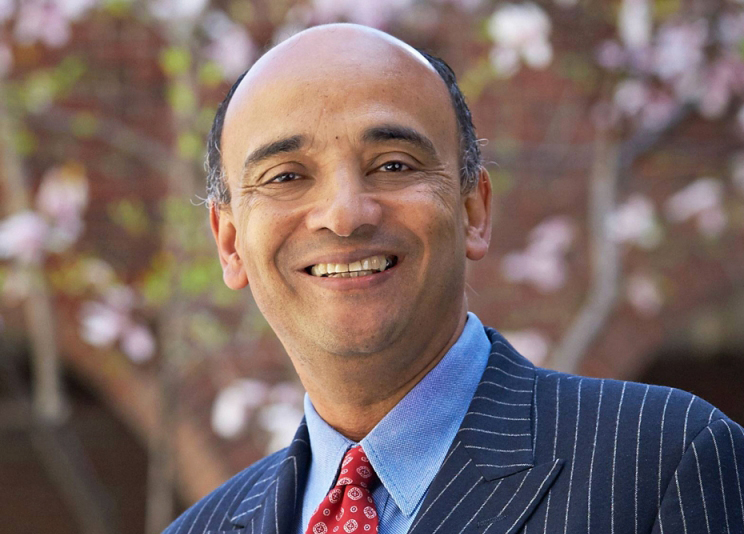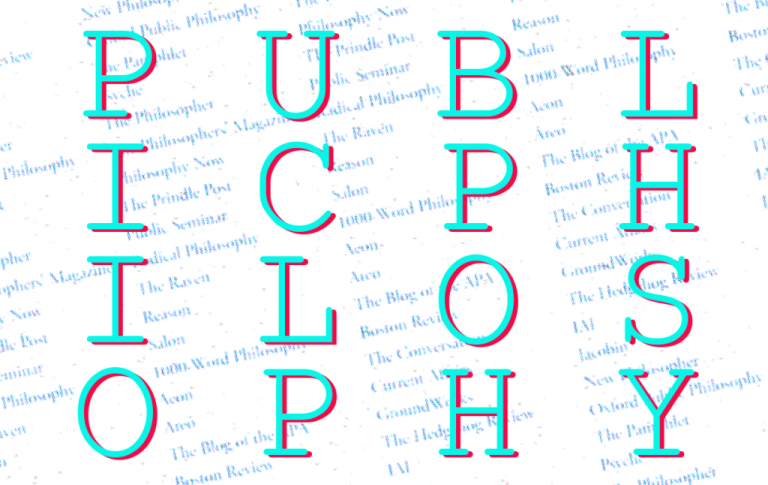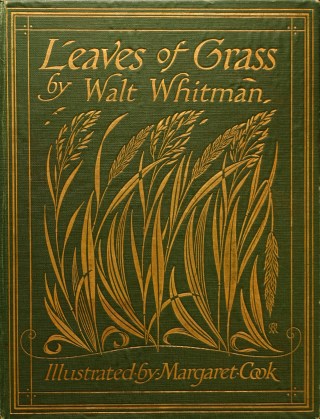Professor Mondadori joined UW-Milwaukee in 1984. Prior to that, he held appointments at the University of Pennsylvania, UNAM (Mexico), the University of Auckland (New Zealand), the University of Paris, and the University of Münster.
(via Blaine Neufeld)

Professor Mondadori worked in metaphysics and the history of philosophy (late medieval and modern). His research is described in an obituary at the UW-Milwaukee website written by his colleagues:
Fabrizio Mondadori, professor emeritus of philosophy at the University of Wisconsin, Milwaukee, died earlier this month.
You can learn more about his writings here.
Fabrizio’s research trajectory began in contemporary metaphysics and philosophy of language. His Italian translation of Quine’s Word and Object was published as Parola e oggetto (1970) while he was still a graduate student. His PhD thesis (1972) dealt with modal semantics and determinate names. “Available Properties” (1986) and his ground-breaking Philosophical Review paper (co-authored with Adam Morton, also regrettably recently deceased), “Modal Realism: The Poisoned Pawn” (1976), are very much papers in contemporary philosophy. His work then gradually turned to historical excavation of the roots of modal metaphysics, first in the work of Leibniz – with several important papers in Studia Leibnitiana on essentialism, superessentialism, and compossibility from the mid-1970s onward – and later in the work of Duns Scotus, which increasingly occupied Fabrizio’s scholarly attention from 2000 on and which led to another set of important papers in medieval philosophy, most notably “The Independence of the Possible According to Scotus”, which appeared in the 2005 proceedings of the septcentennial Scotus conference, Duns Scot à Paris 1302-2002. After his retirement in 2014, he continued to publish papers and to work on a book manuscript on Duns Scotus.





